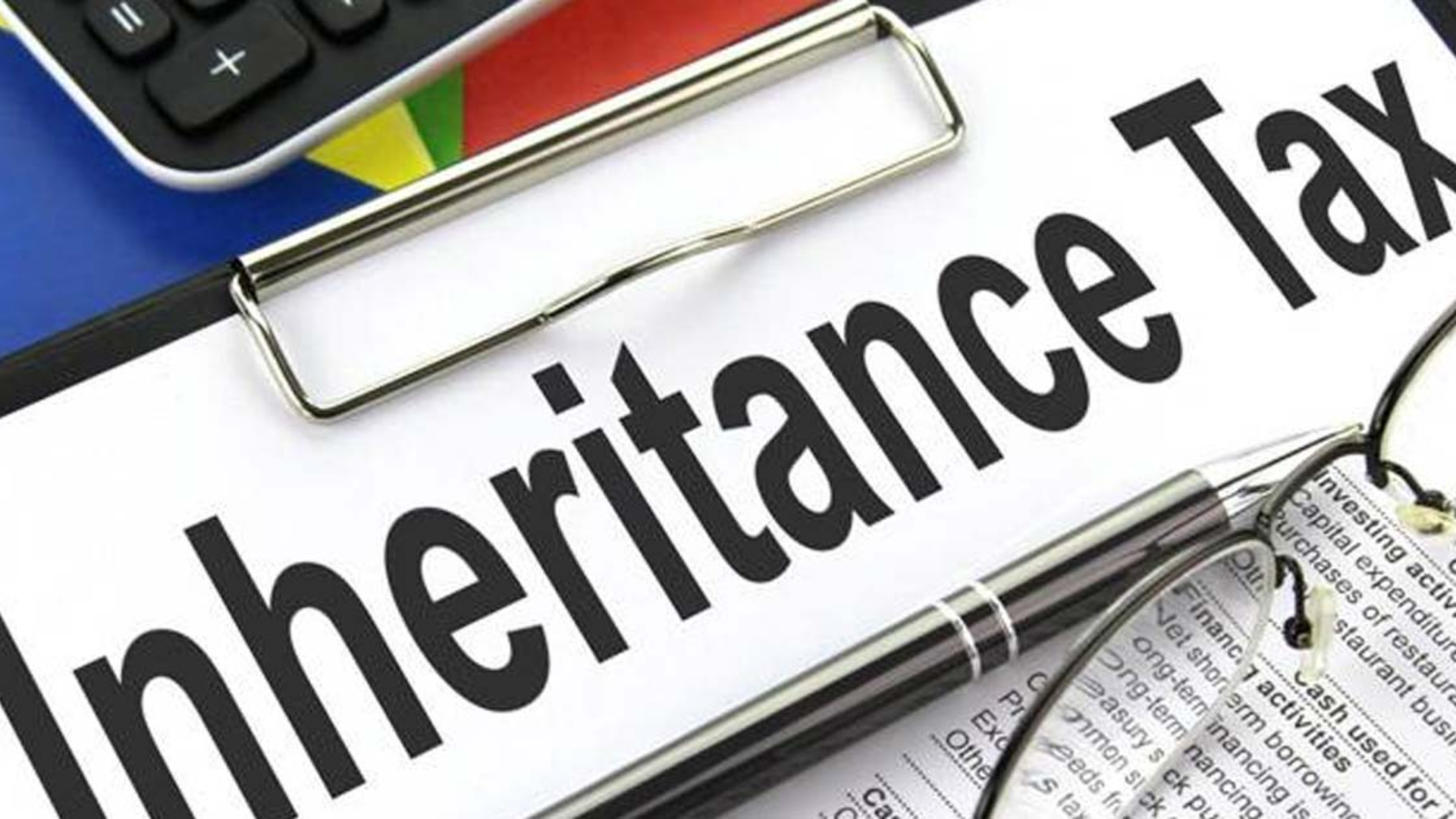
Amidst a political controversy sparked by Sam Pitroda, the Indian Overseas Congress chairperson, advocating for an inheritance tax system similar to that of the United States, we delve into the historical legislation that was prevalent in India prior to 1985.
Before 1985, India used to have an inheritance tax, which was a tax imposed on assets or property that people inherited when someone passed away, like from parents to children. However, India doesn’t have this tax anymore. Instead, until 1985, there was something called “estate duty,” which was a tax on inherited property. Executors of the deceased person’s estate had to pay this tax, and it could be as high as 85% of the property’s value.
Even though inheriting assets might seem like receiving gifts, there was no gift tax on it because the law exempted inherited assets from being considered gifts.
The estate duty law was introduced in 1953 to tackle economic inequality by taxing large estates more. But it had its problems. The law was complicated, leading to more legal battles and costs. There were also concerns about assets being taxed twice, once with estate duty and then with wealth tax. Plus, people found ways to hide assets or put them in other people’s names to avoid paying the tax. So eventually, the inheritance tax system was abolished in India.
In India, an inheritance tax was once levied on assets or property passed down to legal heirs after the owner’s death, including children and grandchildren. This tax was part of the Estate Duty Act of 1953 and was a way to address economic inequality by imposing a progressive tax rate that could go as high as 85% for estates valued over Rs 20 lakh. However, this system was abolished in 1985 due to various reasons.
One primary reason for the abolition was the complexity of the law, which led to increased litigation and administrative costs. Additionally, concerns arose about double taxation because assets were subject to both estate duty and wealth tax. This overlap caused confusion and discouraged compliance.
Moreover, there were challenges in collecting the estate duty, as some individuals resorted to illegal methods like concealing assets or holding them under ‘benami’ names to avoid paying taxes. These issues highlighted the shortcomings of the inheritance tax system in India and contributed to its discontinuation.
As a result, India currently does not have an inheritance tax, unlike many developed countries where such taxes are still in place. The focus has shifted to other forms of taxation and wealth management strategies to address economic and fiscal concerns.